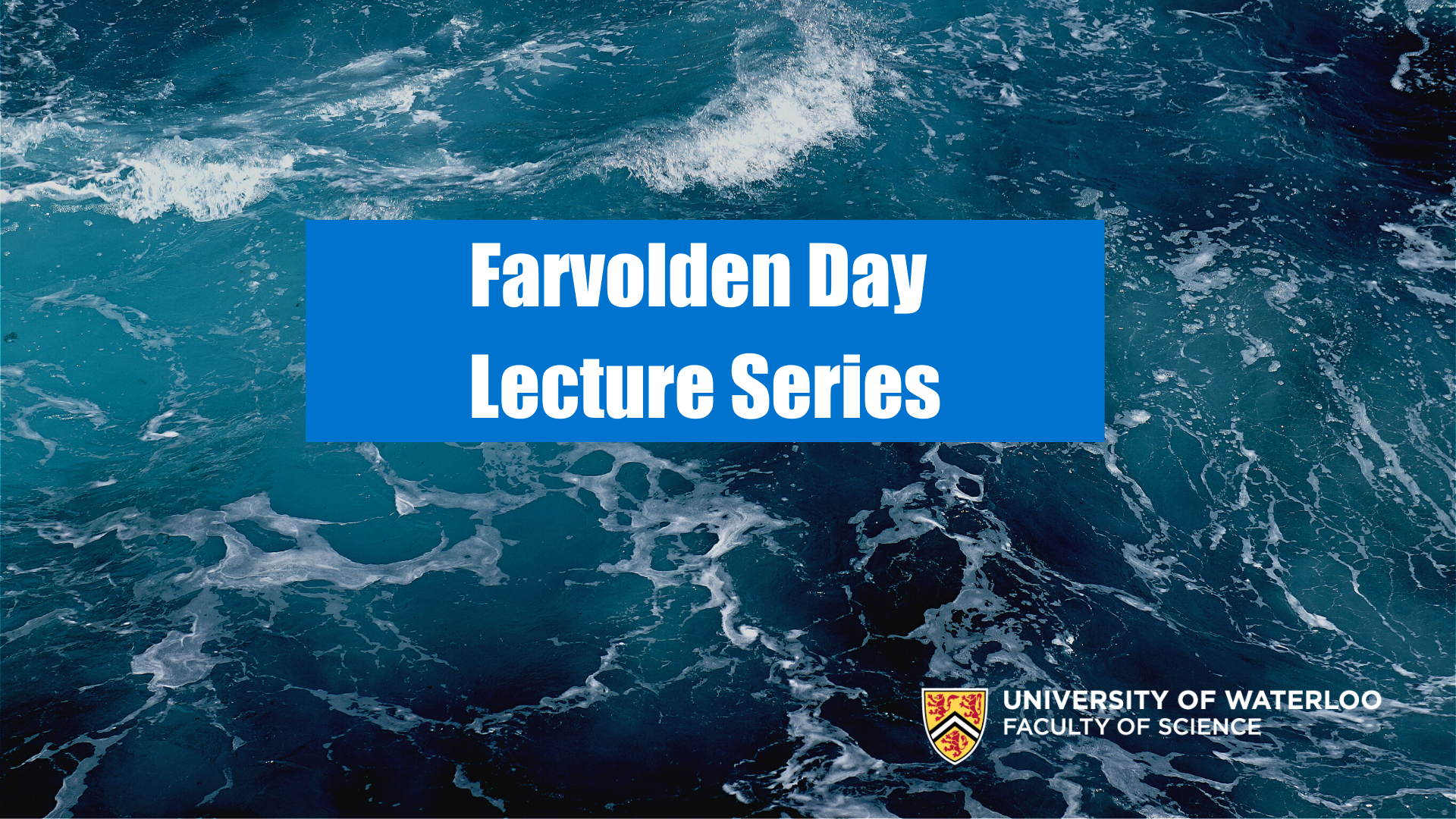
The Department of Earth and Environmental Sciences Proudly Presents:

Beth Parker, PhD, University of Guelph
"Contaminated Plumes in Fractured Bedrock: Insights from Thirty Years of Field Research"
Beth Parker is the director of the Morwick G360 Groundwater Research Institute at the University of Guelph. Founded by Parker in 2007, the Institute has grown into one of the largest university-based groundwater groups in Canada. The team is comprised over some 50 people, including research associates, post-doctoral fellows, graduate students and technicians. She is also co-director of the longest standing industry-funded independent research program in Canada, the University Consortium for Field-Focused Groundwater Research.
Abstract:
The implementation of stringent environmental regulations in the 1970’s and 80’s propelled the contaminant hydrogeology profession forward, along with technologies and methods used to characterize and monitor unconsolidated aquifers. However, development of methods for cost-effectively studying fractured rock aquifers lagged given flow system complexity and associated costs to characterize these systems. What became apparent to me as a young professional managing organic contamination in a sandstone aquifer was that tools and methods, mostly adopted from water supply hydrogeology, oil/gas exploration and mining, were not easily transferable to freshwater bedrock systems, nor sufficiently resolved to address investigation objectives. This experience inspired me to research contaminant behaviour in fractured sedimentary rock. Sedimentary rock aquifers underly much of the populated regions in North America and around the globe, are vulnerable to contamination and supply freshwater to a significant portion of the world’s population. After 35 years of developing and testing novel field and laboratory measurement methods for bedrock systems, we have gained key insights regarding the nature of flow in fracture networks informing hydrogeologic unit delineation, characteristics of aquitards affecting flow pathways and contaminant attenuation. The list of tools available for bedrock aquifers is now long with adaptive spatio-temporal and sensor resolution, providing versatility for both characterization and monitoring. Lessons learned are highlighted using results from several research sites serving as natural-gradient tracer experiments, where multiple scales of measurements inform process-based conceptual site models. Each site provides insights on where novel data sets were essential for site decision-making from subsurface remediation to source water extraction, protection, and monitoring.
Beth Parker is a fellow of both the Canadian Academy of Engineering (2021) and the American Geophysical Union in the hydrology section (2019).
REGISTER for this virtual event!
Registered particpants will receive a zoom link a day prior to event.
| AGENDA | |
|---|---|
| Welcome and Department Update |
Mario Coniglio, Chair, Earth & Environmental Sciences |
| Presentation of 2021 Farvolden Scholarship | Tammy Middleton |
| Introduction of Guest Speaker | Dave Rudolph |
| Farvolden Lecture Presentation | Beth Parker |
| Questions & Answers | Open, Dave Rudolph to moderate |
| Closing Comments | Tony Lotimer |